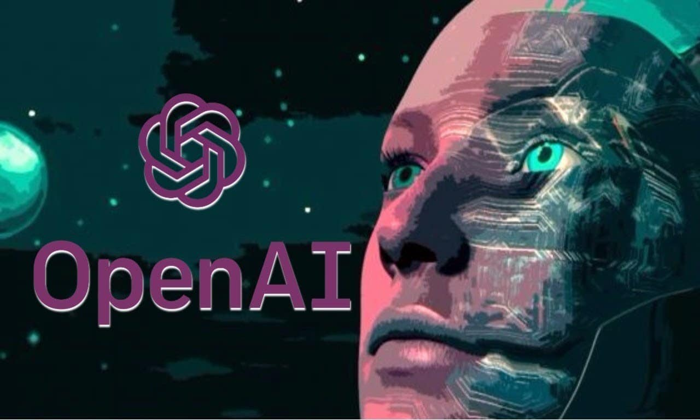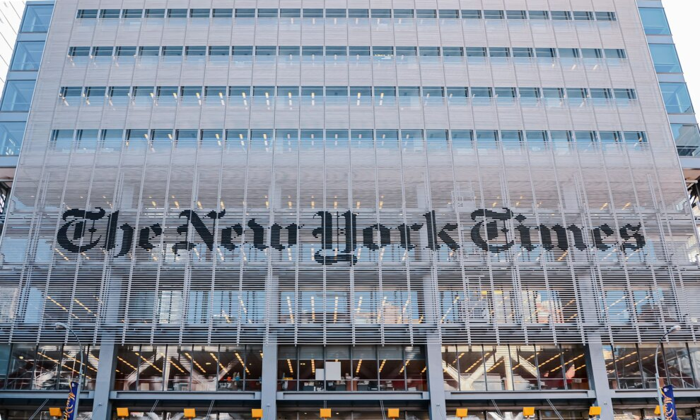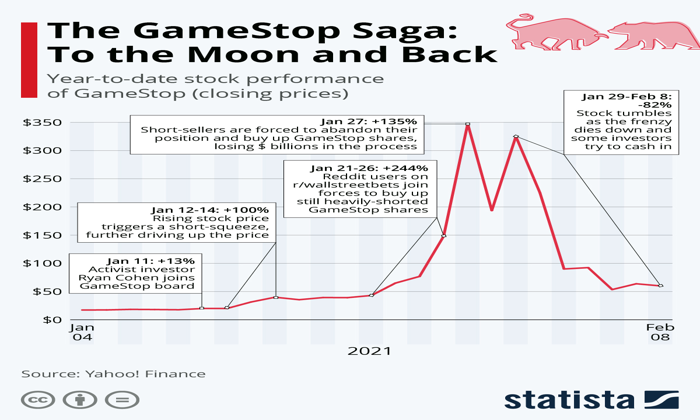OpenAI funding has taken a monumental leap forward with a recent announcement of an impressive $40 billion secured from various investors, prominently featuring SoftBank. This strategic decision is set to enhance research and development within the rapidly evolving artificial intelligence landscape, directly impacting AI research funding dynamics. The substantial infusion of capital is a move designed to support OpenAI’s ambition to expand tools for the millions of users engaging with ChatGPT weekly, which has seen remarkable user growth. Including contributions from tech giants like Microsoft, the funds will help propel OpenAI’s valuation up, now standing at a staggering $300 billion. As a pioneer in the AI sector, OpenAI aims to utilize this backing to redefine the frontiers of artificial intelligence investment, ensuring it remains at the forefront of innovation.
The latest financial backing for OpenAI marks a significant milestone in the realm of artificial intelligence sponsorship and development. With influential partnerships and a focus on advancing AI capabilities, this funding initiative highlights a growing trend among tech entities to invest heavily in AI innovations. Notably, the collaboration with industry leaders such as SoftBank showcases a unified commitment to scaling transformative technologies. As OpenAI continues to expand its AI research initiatives, this influx of funds represents not just a financial boost but a pivotal shift in the competitive landscape of AI, poised to reshape how intelligent systems interact with users globally.
OpenAI Secures Significant Investment in AI Research
In a groundbreaking announcement, OpenAI revealed it has successfully acquired an additional $40 billion in funding, marking a pivotal moment in its ongoing quest to enhance artificial intelligence capabilities. This monumental funding round was spearheaded by Japanese conglomerate SoftBank, which is renowned for its substantial investments in transformative technologies. Alongside SoftBank, the commitment from Microsoft and other venture capitalists underscores a robust collective belief in OpenAI’s potential to shape the future of AI research and development.
The implications of this new capital influx are significant, allowing OpenAI to fortify its research initiatives and advance its technological capabilities. With a staggering $300 billion post-money valuation, OpenAI has firmly positioned itself as a leader within the AI industry. This investment underscores the growing trend of artificial intelligence investment, demonstrating the confidence investors have in the sector’s future profit potential and innovation.
Frequently Asked Questions
What is OpenAI funding and what does it aim to achieve?
OpenAI funding refers to the financial support secured by OpenAI to enhance its artificial intelligence research and development efforts. Recently, OpenAI announced an impressive $40 billion in funding aimed at boosting AI research, scaling its infrastructure, and improving tools for users, including the 500 million individuals who utilize ChatGPT weekly.
How does SoftBank’s investment impact OpenAI’s valuation?
The $40 billion investment from SoftBank has significantly raised OpenAI’s valuation to $300 billion. This investment positions OpenAI among the top AI companies globally, just behind SpaceX. The involvement of SoftBank, a leader in transformative technology investments, emphasizes the growing confidence in OpenAI’s potential in the AI sector.
What role does ChatGPT play in OpenAI’s user growth?
ChatGPT is central to OpenAI’s strategy for user growth, with a reported increase of two million users within just five days following major upgrades. The surge in ChatGPT usage highlights its appeal and efficiency, and the recent funding will facilitate further enhancements to meet the demands of its rapidly expanding user base.
What are the implications of AI research funding for the industry?
AI research funding, like the recent $40 billion secured by OpenAI, plays a crucial role in accelerating advancements in artificial intelligence. Such funding allows for better resources, improved technologies, and increased innovation. This advancement not only fosters competition but also enhances technological applications across various sectors, leading to improved societal outcomes.
How does OpenAI plan to use its recent funding?
OpenAI plans to utilize its recent $40 billion funding to push boundaries in AI research, scale their computational infrastructure, and develop sophisticated tools for users. This funding will support projects like the Stargate Project, aimed at establishing AI data centers and creating systems that promote scientific discovery and personalized education.
What is the significance of OpenAI’s unicorn status?
OpenAI’s unicorn status, defined as a private company valued over $1 billion, signifies its rapid growth and market potential in the artificial intelligence landscape. With its recent funding, OpenAI has solidified its position as a leading player, attracting further interest and investment in AI technology and applications.
| Key Points | Details |
|---|---|
| OpenAI Funding Announcement | OpenAI has secured an additional $40 billion in funding for AI research and development. |
| Funding Contributors | Led by SoftBank, with contributions from Microsoft and other investors. |
| Valuation | Post-money valuation set at $300 billion. |
| Competitive Landscape | OpenAI’s funding announcement comes after xAI’s acquisition of the X platform. |
| User Growth | ChatGPT has gained 2 million users in just 5 days after a major upgrade. |
| Future Initiatives | Plans to build AI data centers in the US through the Stargate Project. |
| CEO Insights | Sam Altman noted ChatGPT’s growing user base and urged moderation to protect infrastructure. |
Summary
OpenAI funding has reached new heights with the announcement of an additional $40 billion dedicated to advancing research and development in artificial intelligence. This significant investment, primarily led by SoftBank, positions OpenAI to further innovate and enhance its AI tools, especially with the growing user demand for products like ChatGPT. With a post-money valuation of $300 billion, OpenAI is solidifying its place as a key player in the tech industry, just trailing behind SpaceX. As they embark on initiatives like the Stargate Project to develop AI data centers, the future looks promising for the company and the broader AI landscape.
OpenAI funding recently reached new heights as the organization announced it has secured an impressive $40 billion to accelerate its research and development efforts in the rapidly evolving field of artificial intelligence. Spearheaded by a major investment from SoftBank, along with contributions from established partners like Microsoft, this funding is poised to enhance OpenAI’s technology and expand its capabilities significantly. With the surge in ChatGPT user growth, reported at two million new users within days, the need for robust AI research funding has never been more critical. This significant investment aligns with OpenAI’s goal to push the boundaries of AI research, indicating a notable increase in OpenAI’s valuation to $300 billion. As OpenAI continues to garner attention, its commitment to advancing AI innovation reflects the broader trends in artificial intelligence investment that are reshaping the tech landscape.
The recent influx of capital into OpenAI is a testament to the increasing focus on financing initiatives that drive advancements in AI technologies. By securing substantial resources, OpenAI is set to not only enhance its research capabilities but also respond to the exponential demand seen in applications like ChatGPT. This funding round, led by influential global players such as SoftBank, underscores a significant shift towards prioritizing AI research and development in the tech industry. Additionally, the remarkable growth in user engagement with AI products highlights the critical need for sustainable financial backing. As OpenAI seeks to solidify its position in the AI sector, the broader implications of such investments signal a transformative era for technology innovation and artificial intelligence as a whole.















